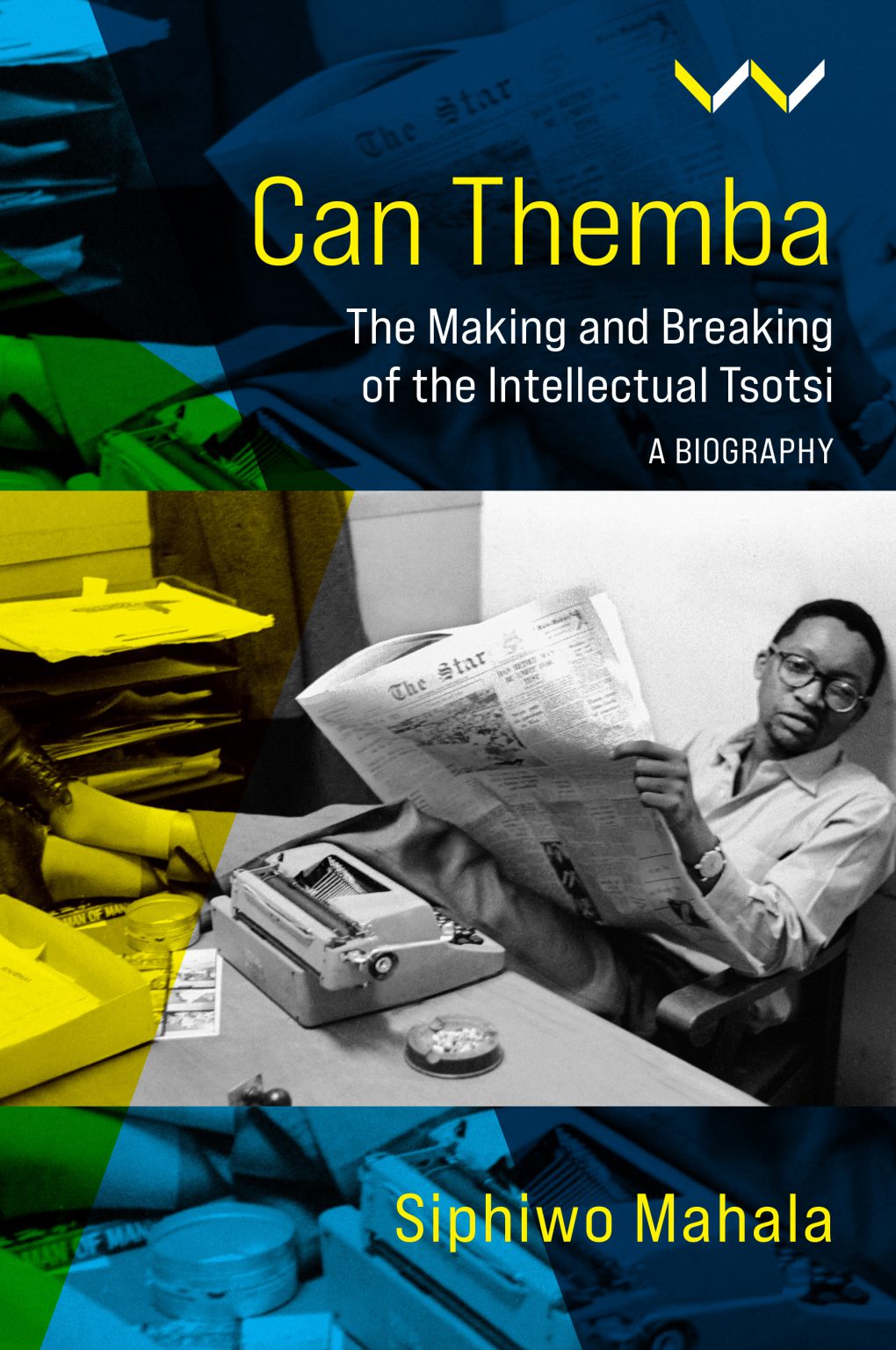By Ruvesen Naidoo
On 7 November 2023, The South African Literary Awards (SALA) held its awards hand-over ceremony at the Snowflake Venue in Potchefstroom. The 18th annual South African Literary Awards featured many nominees, of which Dr Siphiwo Mahala was shortlisted for the Creative Non-Fiction Literary Award category for his book, Can Themba: The Making and Breaking of the Intellectual Tsotsi. The book had won its nomination and earned a creative non-fiction literary award.
Mahala, who is from Makhanda, currently resides in Pretoria and is employed at the University of Johannesburg, shares that the inspiration for exploring creative non-fiction stemmed from his doctoral thesis on Can Themba. Having won awards and a research fellowship, Mahala had the privilege of possessing exclusive information about Themba’s life, resulting in the first biography of Can Themba 55 years after Themba’s passing.
Mahala’s South African background and upbringing in the townships of Makhanda played a pivotal role in contributing a unique perspective to his work. Growing up in a similar environment as Themba, Mahala connected with the cultural and social aspects of Themba’s narratives. This personal exposure, combined with intensive research, enriched the depth of the stories, contributing to Black intellectual history with authenticity and firsthand experience.
The book traces Can Themba’s life from high school to his years as a renowned journalist. Through his award-winning book, Mahala reveals lesser-known aspects, such as Themba’s early literary achievements and his pre- “Sophiatown writer” days. Mahala emphasises that his intention with this book was to offer a well-researched, entertaining, and educating portrayal of Can Themba.
When asked about his thoughts on the role of creative non-fiction in addressing social and cultural issues specific to South Africa, Mahala says, “Creative non-fiction helps to tell the truths of our being. The field of Black intellectual history is all about fighting against amnesia, against erasure, and against obscurity. We have to be the chroniclers of our own stories and correct the misrepresentations of the past”.


